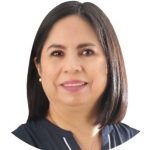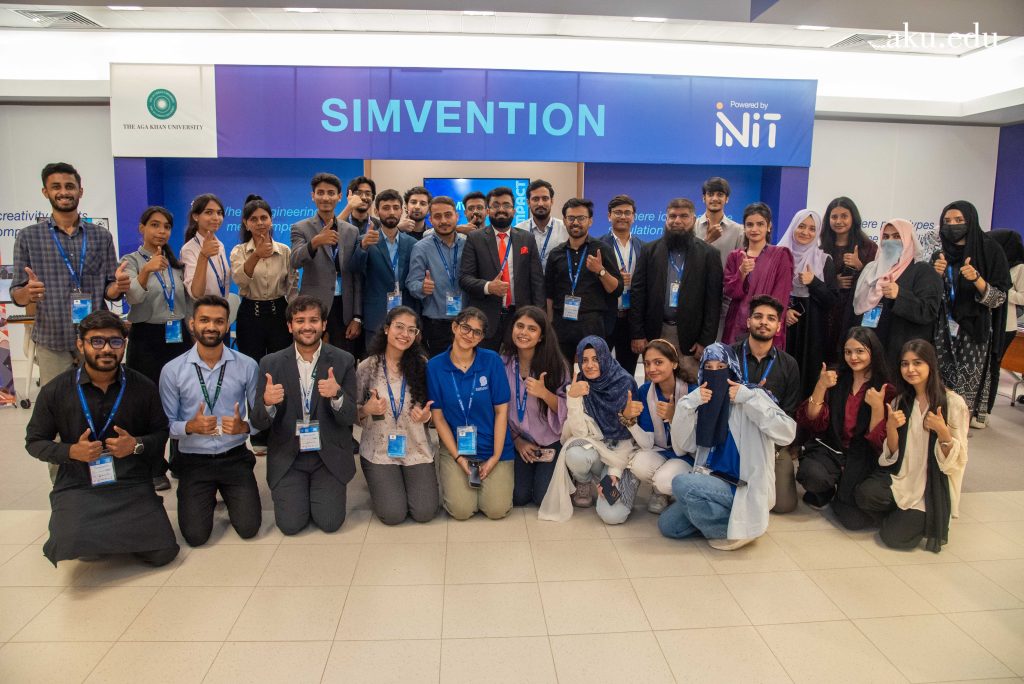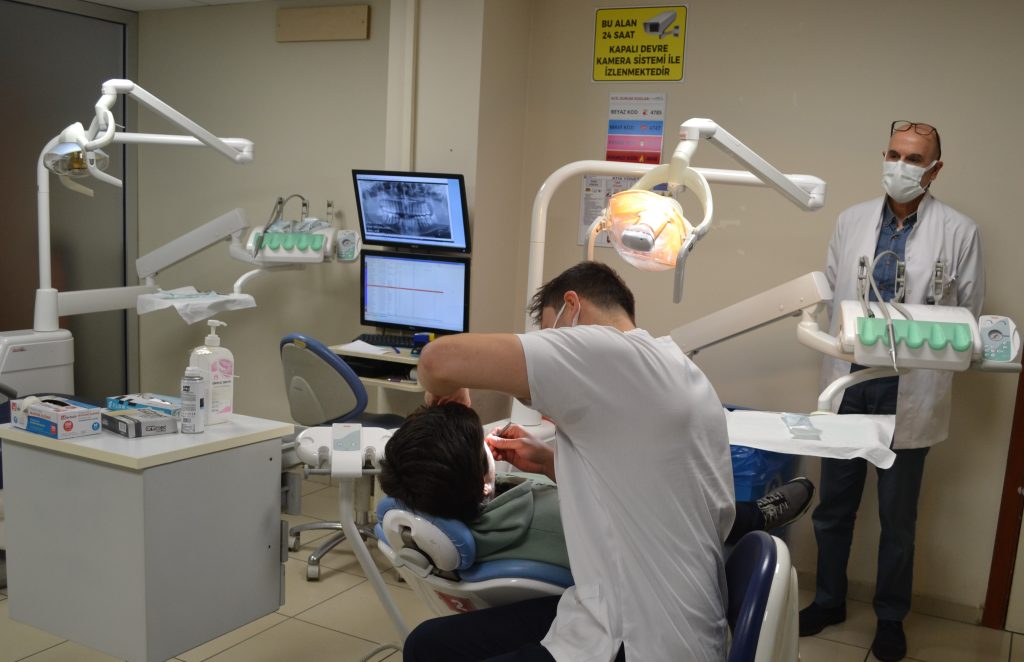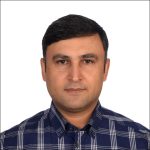The adoption of simulation-based healthcare education has grown worldwide in the past decade. However, the rate and scope differs from region to region, and even from country to country in the same region of the world. Don’t miss the special report SIMZINE and Healthcare Simulation Middle East realized examining the state of healthcare simulation in the region. It serves as a tool for reflection, decision-making and inter-professional collaboration. In addition, continuing our exploration of similarities and differences around the world, in this issue SIMZINE presents the Mexican Society for Simulation in Health Sciences (SOMESICS) in an interview with its president Edgar I. Herrera Bastida.
If you haven’t heard of ChatGPT yet, it’s about time you familiarize yourself with the phenomenon taking the world by storm. ChatGPT is the new conversational artificial intelligence and it has just become one of the hottest topics in technology. Everybody is talking about its ability to impact the education sector. Don’t miss our first interview with ChatGPT: I really enjoyed hearing its thoughts about its potential role in healthcare simulation.
Traditionally, scientific societies are conceived as organizations whose main mission is to foster the advancement of their disciplines and to defend the interests of their members. The recent and abrupt changes in healthcare education, such as its digitalization, have generated a wave of reactions in professional societies from all regions of the world and disciplines, including simulation societies. Don’t miss our SIM Debate about the present and the future of healthcare simulation and the roles of simulation societies.
Just before launching SIMZINE, I read a paper which made me think. The authors analyzed the scholars’ language publication preferences in three main domains of science. Interestingly they highlighted how scholars are pressured to publish in English, in order to reach as many fellow academics as possible. In contrast, those who publish in non-academic settings showed a higher tendency to create content in the local language, trying to engage local audiences or policy-makers. SIMZINE wants to give a voice to anyone who has something to say. To date we accepted contributions either in the most-used language, thus English, but also in Spanish and Italian. Don’t miss our first article in French, we are very proud of it. And we welcome contributions in other languages.
With the aim of giving more voice to Spanish simulationists, we introduce you to Verónica Méndez, our new regional editor for Spain who has joined the SIMZINE team. From hospitals, universities, institutions, instructors, technicians, students and/or participants, she will let us know about all things simulation in the Spanish territory. Don’t miss her article in which she tells us about the current activities and development plans of the UIC Barcelona Centro Integral de Simulación Avanzada, where she is responsible.Finally, don’t miss all our communication channels: subscribe to our monthly newsletter and follow us on Facebook, Instagram, Twitter and Linkedin.
PLI
READ ALSO













































